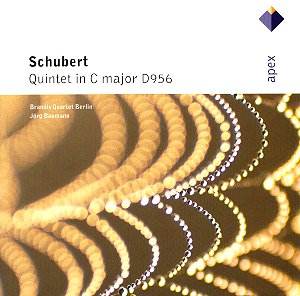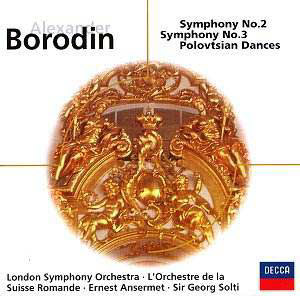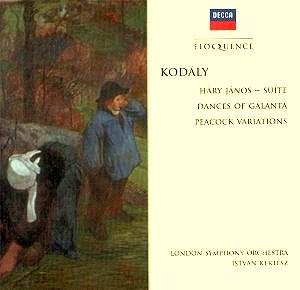 Composer: Franz Schubert
Composer: Franz Schubert
Works: String Quintet in C major, D. 956
Performers: Brandis Quartet, Jörg Baumann (cello)
Recording: 1987, Teldec APEX 09274 08332
Label: Teldec
The String Quintet in C major, D. 956, stands as one of Schubert’s final masterpieces, composed in the twilight of his life in 1828. This work, often regarded as a paragon of chamber music, emerges from a period marked by profound introspection and creative urgency. Schubert, unlike his predecessor Mozart, chose to enrich the texture of the string quartet by adding a second cello rather than a viola. This choice imbues the work with a distinctive richness and depth, allowing one cello to soar in lyrical passages while the other anchors the harmonic foundation. The quintet transcends mere homage to classical forms, embodying Schubert’s unique voice and emotional breadth.
The Brandis Quartet, alongside cellist Jörg Baumann, delivers a performance that captures the quintet’s nuanced emotional landscape. Their interpretation expertly balances the inherent lyricism of Schubert’s writing with the structural demands of the work. Notably, the players’ dynamic shadings are finely articulated, allowing for a subtle interplay between the two cellos, as they alternate between plucked and bowed techniques. This is particularly evident in the second movement, where the contrasting sonorities provide a rich tapestry that is both texturally complex and emotionally resonant. The slow movement’s lyrical lines are sustained with exquisite sensitivity, and the transition to the middle section is marked by an effective shift in emphasis, revealing the players’ deep understanding of Schubert’s intentions, even in the absence of a change in tempo.
The recording quality of this release merits commendation. The engineering achieves a remarkable balance that highlights the individual voices within the ensemble while maintaining a cohesive overall sound. The pizzicati from the cellos, for instance, are crisp and clear, cutting through the texture when called upon. This clarity is essential, particularly in the work’s slower passages, where the potential for muddiness often looms large. The Brandis Quartet’s technical prowess shines throughout the performance; their ability to navigate the intricacies of Schubert’s writing with apparent ease enhances the listening experience. Compared to other notable recordings, such as those by the Hagen Quartet or the Alban Berg Quartet, the Brandis interpretation stands out for its combination of eloquence and a keen sense of narrative flow, making it highly compelling.
Schubert’s String Quintet is a demanding work that requires both technical skill and interpretive depth. The Brandis Quartet and Jörg Baumann rise to this challenge with a performance that is not only technically proficient but also deeply expressive. Their ability to generate a sense of both activity and poetry amid the work’s generally slow tempi speaks to their mastery of the repertoire. While the booklet accompanying the recording suffers from poor design, diminishing its accessibility, the performance itself triumphs, inviting listeners into the profound world of Schubert’s late creativity. The combination of expressive playing, superior sound quality, and insightful interpretation renders this recording an essential addition to any chamber music collection.



